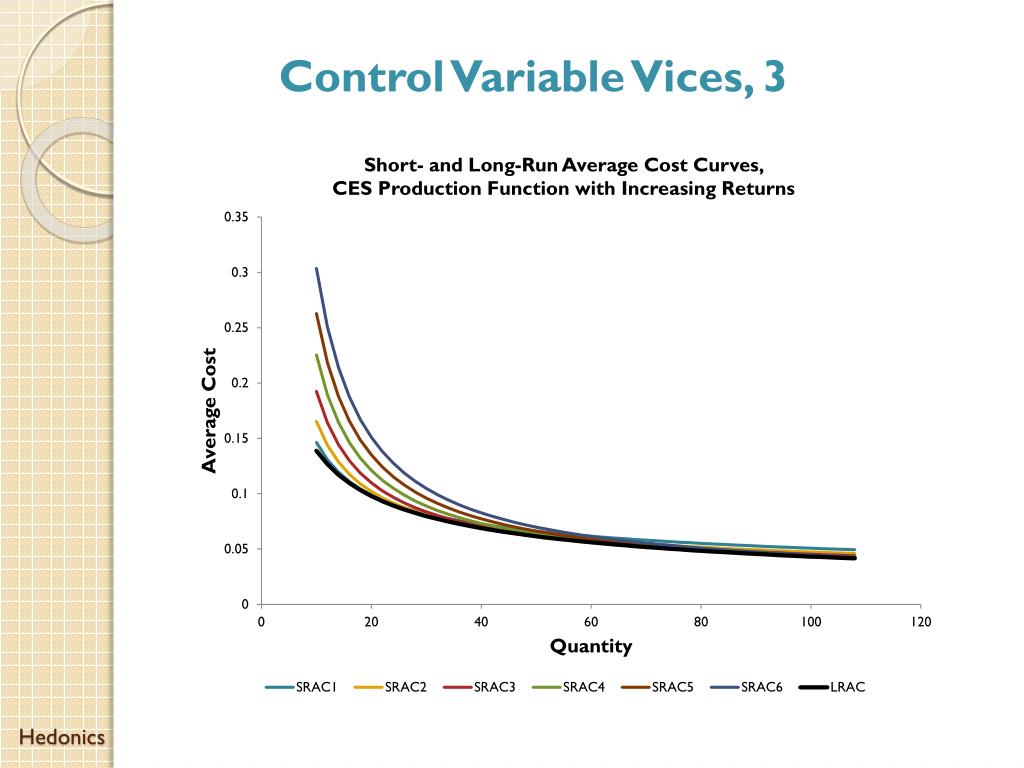
According to this possibility, misery may love company, but sharing negative experiences may actually make them worse. demonstrated that individuals co-attending to positive images find them more positive, but they also find negative images more negative, scary videos scarier, and sad videos sadder. Boothby and colleagues for example, demonstrated that shared experiences can increase enjoyment of tasty foods and decrease enjoyment of bitter unenjoyable foods. Ī second possibility is that the immediate value offered by sharing experiences is their ability to amplify emotions, making positive experiences more positive, but also negative experiences more negative. Indeed, a recent meta-analysis of social synchrony, a particularly strong form of shared experience, showed that synchrony has a small but reliably positive impact on affect. Boothby, Smith, Clark, and Bargh similarly found that individuals enjoy photographs more when viewed together with a friend or familiar individual. Participants reported enjoying those images more when a friend simultaneously viewed the image, and show increased activation of the neural reward system including the ventral striatum and medial orbitofrontal cortex. On some trials, their friend simultaneously viewed the image on other trials, participants alone viewed the image.
#Hedonic value series
In one study for example, participants viewed a series of positive and negative images. Indeed, some studies support the intuition that shared experiences are more enjoyable. There is no dearth of aphorisms to support this idea: “Happiness quite unshared can scarcely be called happiness it has no taste” (Charlotte Bronte) “It ain’t no fun if the homies can’t have none” (Snoop Dogg). One possibility is that shared experiences are simply more enjoyable than solo ones. This prompts the question: why might people immediately value shared experiences? Prior research offers several possible answers. Much in the same way that people are driven to seek food to satisfy the immediate feeling of hunger rather than a concern about long-term survival, people may choose to engage in shared experiences because of the more immediate consequences of sociality. That is, rather than keeping in mind the ultimate goal of satisfying one’s need to belong, people often make decisions on the basis of proximate factors, like the value associated with an experience. However, people do not always make choices to engage in shared experiences because they are mindful of their long-term adaptive benefits. In other words, establishing successful social connections provides long-term adaptive value to individuals. Social connection protects both physical and psychological wellbeing in contrast, social isolation has been linked to adverse consequences such as the onset of mental health conditions including depression, anxiety, and a decline in cognitive faculties. Why are humans such social beings? Why do we choose to vacation with friends, dine out with significant others, or watch movies with family? A rich history of psychological research suggests that people choose to be social because it satisfies an adaptive need to belong. People may be so driven to connect with each other that social experiences remain valuable even in the most minimalistic contexts. Together, these findings suggest that the desire to share an experience may be distinct from the subjective experience of achieving that state.

In Study 3, participants reported their explicit beliefs about the reasons people engage in shared experiences: Participants reported being motivated by the desire to forge a social connection.

At the same time, participants did not report a commensurate increase in hedonic value or emotional amplification, suggesting that the motivation to share experiences need not derive from their immediate hedonic value.

In seven experiments across Studies 1 and 2, participants demonstrated a strong motivation to engage in shared experiences. What are the proximal forces that motivate people to share experiences with others? Here we used a novel experience-sharing and decision-making paradigm to understand the value of shared experiences. Humans routinely go out of their way to seek out social connection and avoid social isolation. Social connection can be a rich source of happiness.


 0 kommentar(er)
0 kommentar(er)
